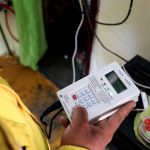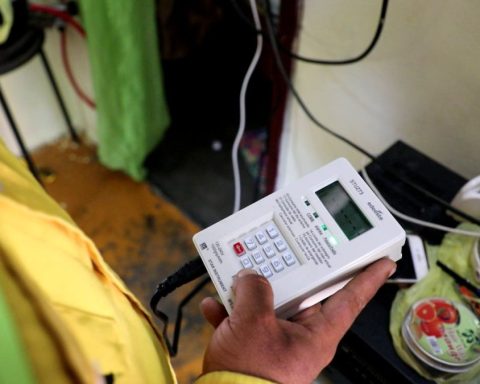
Since the legislature began in 2020, 30% of the 2,645 requests for reports made by senators and deputies have not been answered by ministries, public entities and other state offices, according to data available on the Parliament website. All this despite the fact that it is a tool that collaborates with transparency between the different powers of the State.
The defense and interior ministers understand that the disclosure of sensitive data can jeopardize national security, so they notify legislators who request information and allow them to see the data in a reserved way, without giving them in physical form. In general, the ministries cover most of the requests for information, among which the Ministry of the Interior and the Ministry of Defense are the ones that receive the most requests.
The process for a legislator to submit a request for information differs from the process that any citizen has who is protected by the Law on Access to Public Information. In the first case, the applicant must send the request to the president of the corresponding chamber, who sends it to the corresponding ministry or state office and records it in Parliament. From the Secretary of State it is verified if the portfolio itself is the one that must respond or if it must forward it.
no time to reply
The ministries also discuss an issue of employee time: officials of the agency that is consulted must allocate hours to prepare the answers, which implies costs that vary according to the complexity of what is requested. In some cases, it may be necessary to spend a few hours, while in other cases, it may involve the entire working day.
In January, the president of the State Health Services Administration (ASSE), Leonardo Cipiraniappeared before the Health Commission of Deputies and assured that from 2020 to January 11 of this year, the agency had received 664 requests that took them around 300 hours of work.


















